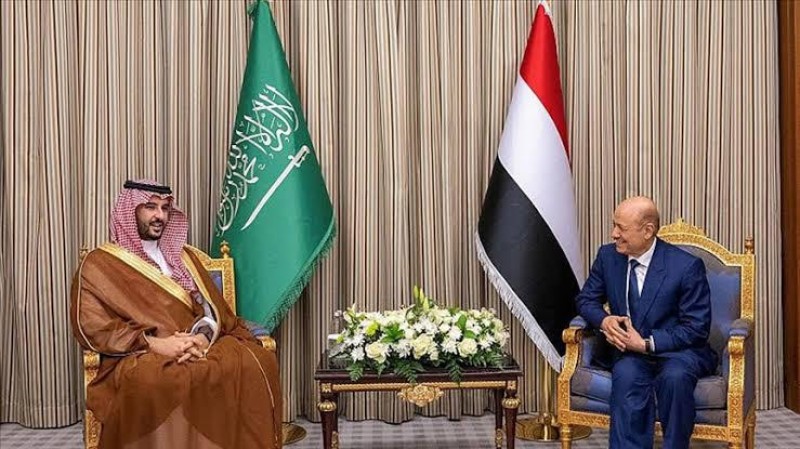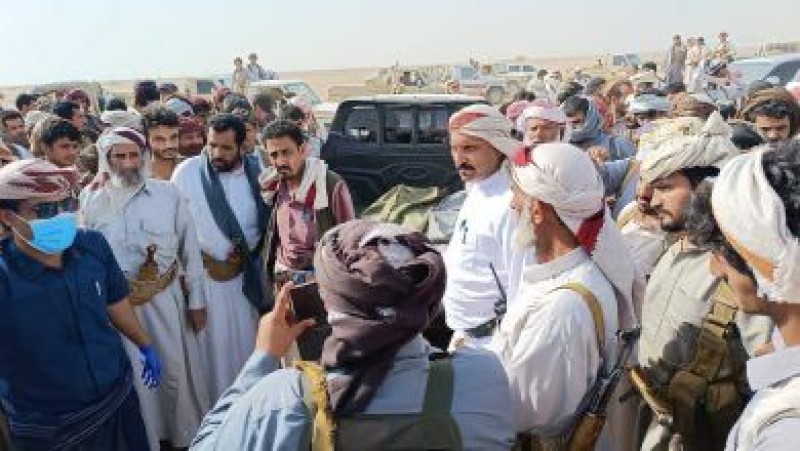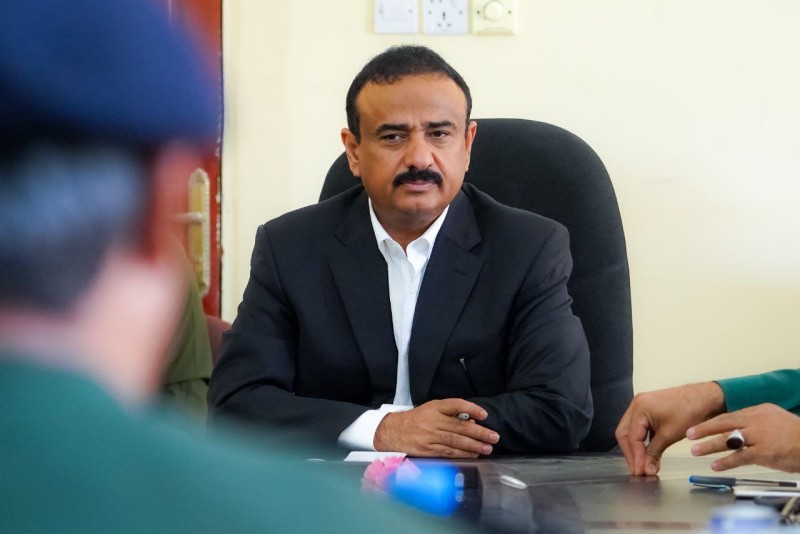Human Rights Watch Submission to the Universal Periodic Review of Yemen.


Since Yemen’s last Universal Periodic Review (UPR), the situation in the country has dramatically worsened, severely impeding the government’s ability to implement the recommendations Yemen accepted in 2014. In September 2014, the Houthi armed group took over the capital, Sanaa, and then much of the country. The following March, Saudi Arabia led a coalition of states in a military intervention. The conflict continues, exacerbating what the UN now describes as the world’s largest and worst humanitarian crisis. The conflict has taken a terrible toll on Yemeni civilians, including frequent violations of the laws of war and human rights abuses by the warring parties, including the Yemeni government. The discussion below focuses on some of the groups most affected by the conflict and the steps the Yemeni government should take to minimize the harm suffered.
Need for Accountability and Redress
In 2014, Yemen accepted recommendations to ratify the Rome Statute, the founding treaty of the International Criminal Court, and core human rights treaties. The conflict has increased the urgency for Yemen to ratify the Rome Statute, but the government has yet to do so.
The Saudi-led coalition, which is operating in Yemen with the consent of the Yemeni government and whom Yemeni government forces fight alongside, has carried out scores of apparently unlawful attacks on markets, homes, schools, and hospitals, killing and wounding thousands of civilians. The coalition has restricted humanitarian aid and access to Yemen and used cluster munitions, which are widely banned weapons. Since March 2015, Human Rights Watch has documented 88 apparently unlawful attacks by the coalition, some of which may amount for war crimes, that killed over 1,000 civilians. The UN and other rights groups have documented dozens of other apparently unlawful attacks.
The Houthi armed group, which continues to control large parts of the country, including Sanaa, has laid antipersonnel landmines, indiscriminately shelled Yemeni cities with a particularly acute impact on Yemen’s third largest city, Taizz, and blocked aid and access. Many of the warring parties, most notably the Houthis, have deployed child soldiers. The Houthis have carried out repeated violations of the laws of war, some of which may amount to war crimes.
Ratifying the Rome Statue would be an important step to ensuring accountability for war crimes by those fighting in Yemen. To date, none of the states parties to the conflict have carried out credible investigations into their forces’ abuses, nor held individuals responsible for war crimes. Coalition promises to establish a redress mechanism have yet to be implemented.
During the 2014 UPR, states recommended that Yemen establish a commission of inquiry to investigate abuses carried out during the popular uprisings in 2011. In 2015, Yemen’s President Abdu Rabbu Mansour Hadi established a national commission to investigate violations of human rights, whose mandate includes the events of 2011. The commission, based in Aden, has released several reports since that time, but has been plagued by a range of challenges, including a lack of independence.
AFP.

Riyadh – A senior official in Yemen’s Presidential Leadership Council said that Council President Rashad Al-Alimi is expected to meet e…

Marib – The internationally recognized government of Yemen has recovered the bodies of 20 of its fighters in a tribal-mediated exchange with…

Shabwa – The Governor of Shabwa, Awad Mohammed bin Al-Wazir, has directed the Director General of Police in the governorate to urgently take…